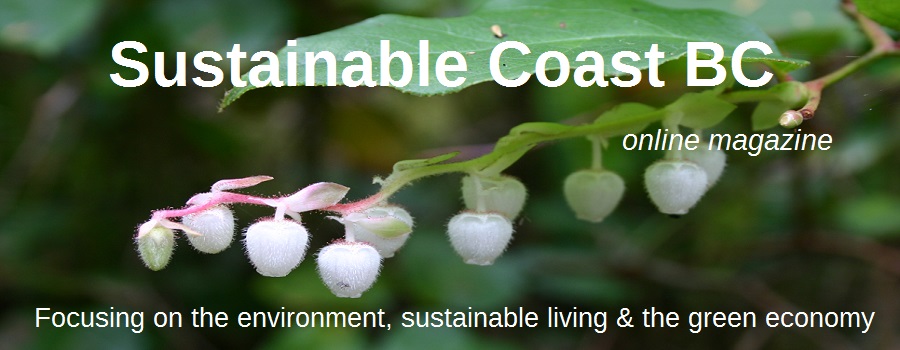News
The British Columbia 2014 Budget shows a reliance on an as yet unrealized liquefied natural gas (LNG) industry while coming up short on plans to protect the BC environment. Like past government messaging on LNG, the budget promises an industry that will benefit British Columbians, but remains incredibly vague on the specifics of how this will be accomplished.
The government based budget estimates on five LNG facilities even though no contracts have been signed yet. The startling lack of details continued into the thin section on environmental protection and climate change. Slightly under $4 million in funding increases were announced for the Ministry of the Environment, with the majority of that increase slated for the Environmental Assessment Office to ensure there aren’t backlogs with environmental assessments for anticipated LNG terminals.
“The BC government is betting the farm on the development of a massive LNG industry in BC,” said Gwen Barlee, Policy Director with the Wilderness Committee.“It is clear from today’s budget however that there will not be corresponding protection of our environment. The budget contains nothing that will ensure ‘world-class’ environmental protection. Wishful thinking won’t make this industry green, and neither will running pipelines through parks,” she said.
The Province intends to introduce legislation later this year to introduce an income tax applicable to the LNG industry.The B.C. LNG Income Tax and rates are subject to the approval of the legislature. The LNG Income Tax will be a two-tier tax with a Tier 1 rate of 1.5% and a Tier 2 rate of up to 7% (final rate to be determined and confirmed in legislation).
The LNG Income Tax will apply to income from liquefaction of natural gas at LNG facilities in B.C. A description of how the two tiers operate is as follows:
The Tier 1 tax rate of 1.5% applies to an operator’s net proceeds (revenue less expenses) after commercial production begins. The amount of the Tier 1 tax that has been paid can be deducted from the Tier 2 tax.
Net income for purposes of the Tier 2 tax will be net proceeds less up to 100% of the capital investment account (as described below). As such, the Tier 2 tax is not effective until the capital investment account is depleted.
According to the Finance Ministry, a review of the Tier 2 tax rate and specific tax features will continue until the legislation is introduced in the fall of 2014. Global and local economic conditions will be considered as government finalizes the key components of the LNG Income Tax to ensure B.C. remains competitive.
The following types of income generated from the liquefaction of natural gas will be subject to the LNG Income Tax:
- sales of liquefied natural gas;
- rents and fees payable for the use of an LNG facility; and
- fees for processing natural gas at an LNG facility.
It is anticipated the key components of the legislation will be ready for introduction by fall 2014 (e.g. tax rates and specific features). Remaining legislative components, such as administration and enforcement, are planned to be ready for introduction in 2015.
Meanwhile Asian LNG producers have already made purchase agreements with other countries who will be ready to export their gas well before BC has facilities built or is in full production. And some are predicting they will stop importing gas by as early as 2016. BC will not have facilities built or in full production until around 2020.
According to a recent article in Natural Gas Asia, Malaysia will be a LNG import free country by 2016 once their Bintulu FLNG plant is operational at full capacity. "Once the Bintulu plant is operational, we can use the capacity from the plant to replace imported LNG," Ezhar Yazid Jaafar, general manager at Petronas said.
Also missing from the budget was any specific information on how the government plans to reconcile the expansion of an LNG industry with the province's agreed upon carbon emissions reductions targets. If five LNG terminals are built, BC will massively miss its greenhouse gas reduction goals.
“The government doesn’t appear to have a strategy to move forward with LNG without forsaking our commitments to taking action on climate change,” said Torrance Coste, Vancouver Island Campaigner with the Wilderness Committee.“Given the massive cuts to federal oversight, we were hoping the BC government would step up to the plate to protect our environment. That clearly hasn’t happened, and this government has continued its disregard for the environment,” Coste continued.
